The plan was also designed to ensure that Sisters lead healthy lifestyles to minimize complications that come with old age.
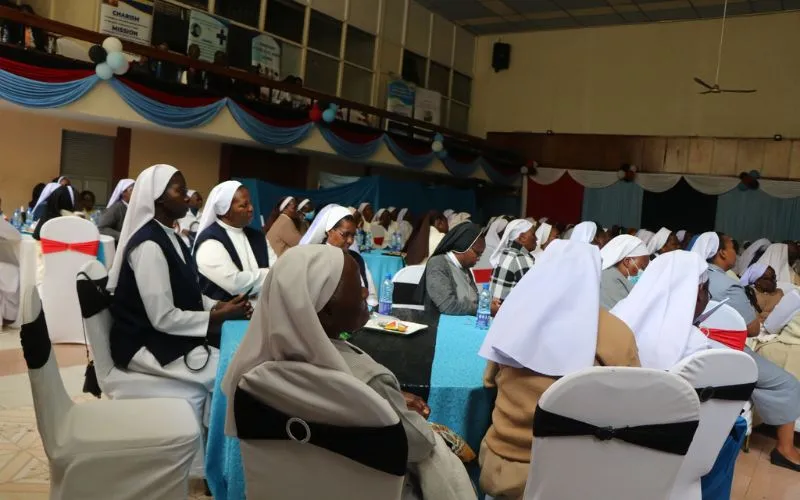 Credit: Communication Network for Catholic Sisters-CNCS KENYA
Credit: Communication Network for Catholic Sisters-CNCS KENYA
Emphasizing the need for sustainability, Mr. Ndung’u advised CASAK and its member ICLSAL to strive to enhance, diversify, and manage the financial and resources they have prudently.
He urged ICLSAL to specifically come up with initiatives that can attract funding, and to utilize the revenue they have with “utmost prudence”.
Kenya-based ICLSAL were therefore advised to identify initiatives that can be utilized for the purposes of reducing costs. Mr. Ndung’u gave examples of solar panels for the purpose of reducing the cost of energy, biogas for reducing the cost of the kitchen, as well as kitchen gardens for reducing the cost of purchases from the markets.
(Story continues below)
Women Religious were also urged to train their staff on innovative ways to cut on the purchases in their communities.
They were advised to use greenhouses, and to engage in farming to produce a bulk of what they eat. While at it, they were urged to ensure that elderly Sisters among them are fed in a proper manner.
Mr. Ndung’u insisted on healthy eating habits in Religious communities to keep health complications that sometimes manifest in old age at bay.
“Individual Congregations should strive for healthier organic dietary plans by trying as much as possible to limit the food they purchase,” he said, and added, “Owing to many reported cases of counterfeits, Sisters communities can grow their own food organically and rear their own animals for eggs, milk and meat.”
The financial consultant said CASAK should be a role model to the community in promoting food security in the East African country and that kitchen gardens are one way of doing this.
He went on to ask CASAK to help Sisters’ Congregations to understand issues of climate change so that in their communities, they may implement climate change and mitigation programs to build resistance for the elderly and vulnerable communities.
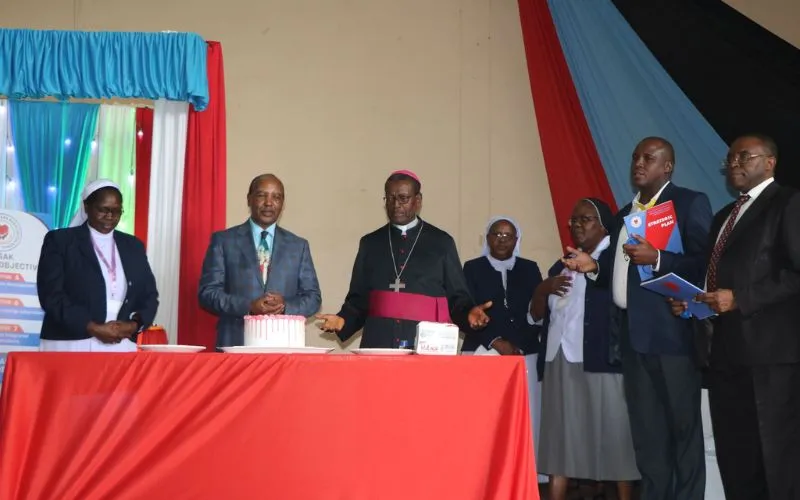 Credit: Communication Network for Catholic Sisters-CNCS KENYA
Credit: Communication Network for Catholic Sisters-CNCS KENYA
“There are instances when it is either abnormally hot or abnormally cold, making it very difficult for the elderly Sisters who have to stay in such places with extreme weather patterns,” he said.
Mr. Ndung’u recommended a thorough education of members of ICLSAL to help them understand the details of the strategic plan.
Individual ICLSAL are expected to submit to CASAK reports of their progress after which the strategic plan will be reviewed.
The Managing Director of Prestige Management Solutions challenged CASAK and its members to take a leadership role in the care for the elderly not just in the Catholic Church but also in the rest of the society.
Agnes Aineah is a Kenyan journalist with a background in digital and newspaper reporting. She holds a Master of Arts in Digital Journalism from the Aga Khan University, Graduate School of Media and Communications and a Bachelor's Degree in Linguistics, Media and Communications from Kenya's Moi University. Agnes currently serves as a journalist for ACI Africa.
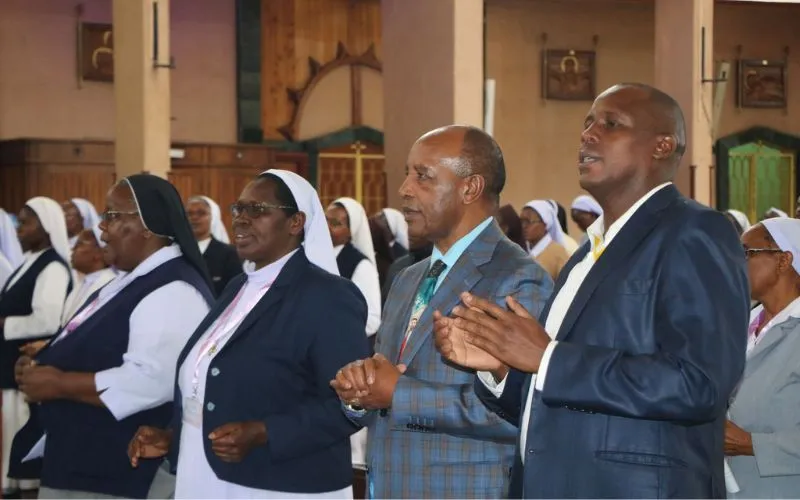 Credit: Communication Network for Catholic Sisters-CNCS KENYA
Credit: Communication Network for Catholic Sisters-CNCS KENYA


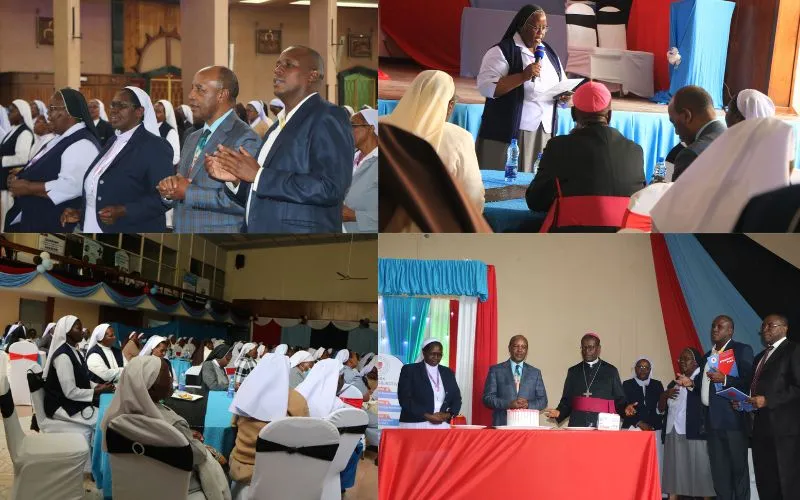
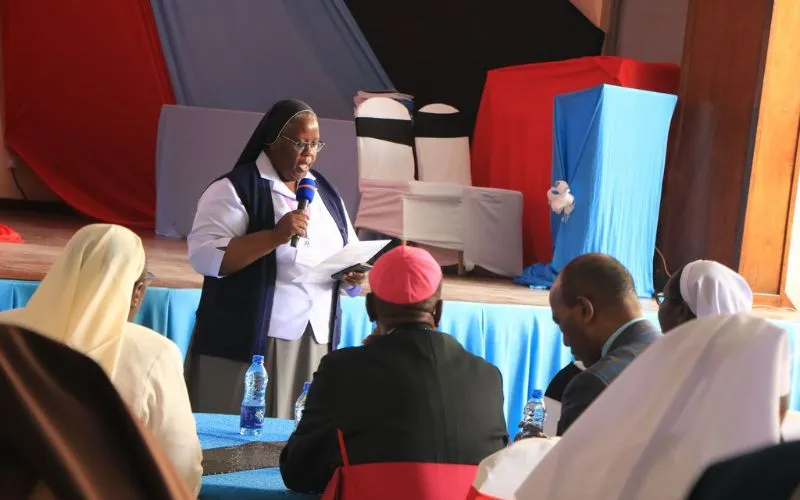 Credit: Communication Network for Catholic Sisters-CNCS KENYA
Credit: Communication Network for Catholic Sisters-CNCS KENYA
 Credit: Communication Network for Catholic Sisters-CNCS KENYA
Credit: Communication Network for Catholic Sisters-CNCS KENYA Credit: Communication Network for Catholic Sisters-CNCS KENYA
Credit: Communication Network for Catholic Sisters-CNCS KENYA


